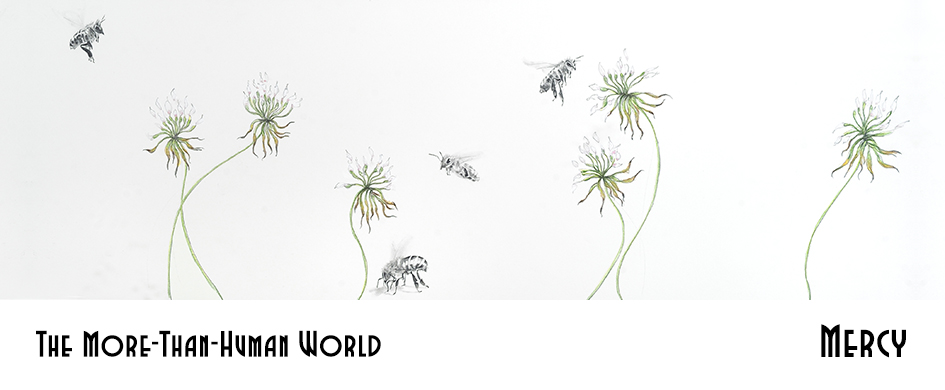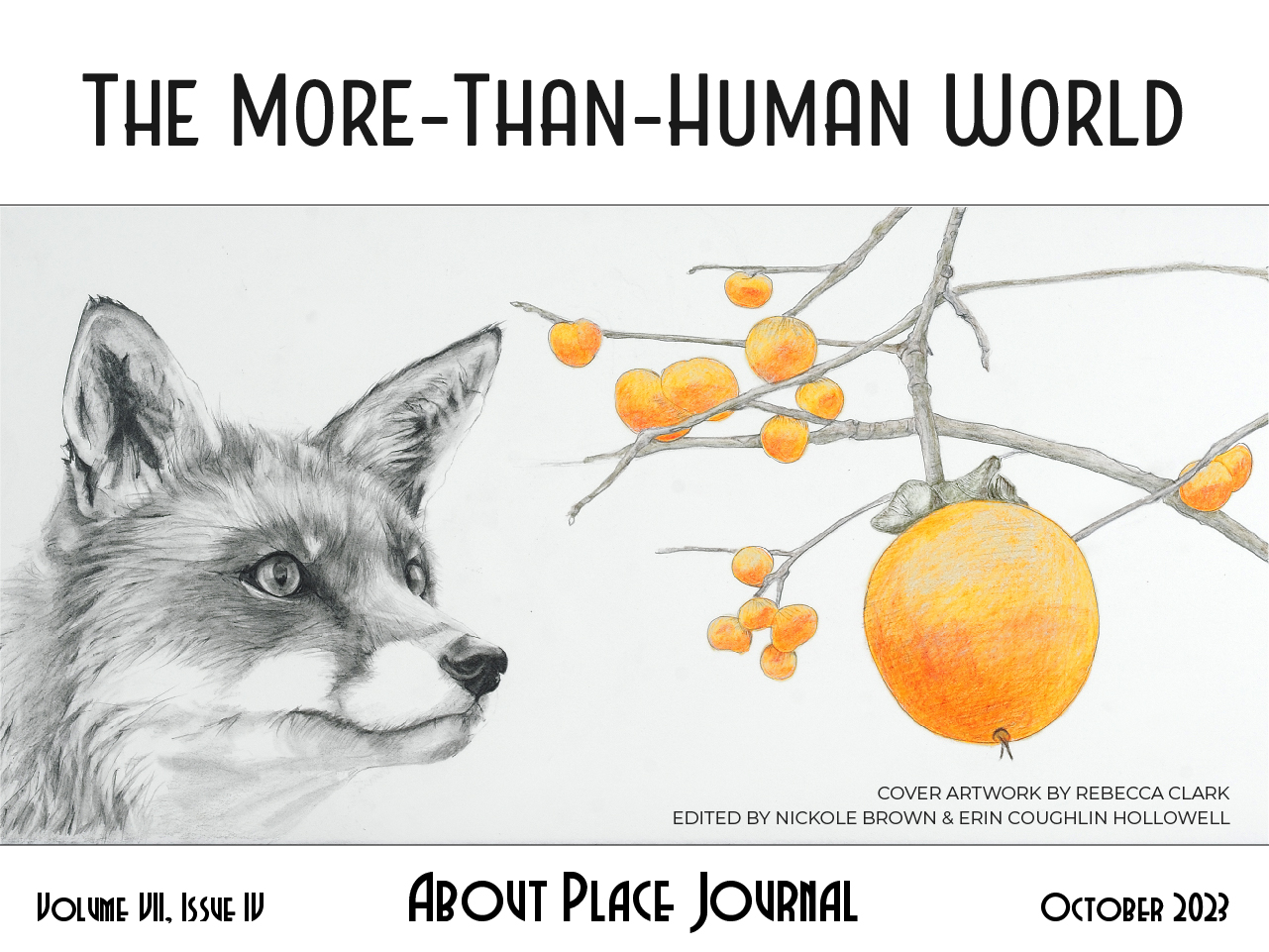The shortgrass prairie has suffered the greatest biological destruction of any major biome in North America. –Wikipedia
This is blue grama,
a short, spiky grass of the high plains,
whose roots run twice
as wide and ten to twelve times
as deep
as the plant itself. Lean
down to the slender stem
and listen.
Mosby Road
You can get there on the Rim Road but this early it might be washed out. Another mile we lose the music, nothing but preachers and static. Whip your empties out the window. That’s a break. Where the earth gives way like that. My grandmother calls it gulley. A hard rain a gulleywasher. I hooked this jacket from my old man’s closet, he’s too fat for it anyhow. I guarantee there are coal seams burning beneath us. How you know is in the winter the snow melts around the hot dirt mouth. Cinder cone ringed with clinkers, scoria wash the red of sunsets. That haze around the yucca flowers? That’s moths. We’ve got a dozen miles of gravel before we hit highway, before this country even begins to unfold and roll out. Dark, cake-top ridge studded with dead pines.
Highway 200
You see that girl behind the counter at the Mosby station? I liked the sound of her voice. A wind with a little dust in it. All this cactus and sagebrush used to be an ocean, if you can believe. Ammonites are what they call those whorled snail fossils you find, mother-of-pearl ringing the rock shell. A deer jumps but an antelope dives right through a fence. We caught my grandmother up to her tits in the river. That’s why she has to live over at that place in Billings. Bars even on the goddamned windows. The slick of it beneath your thumb, that purple and cream mother-of-pearl. Look there. I can’t tell where the sky ends and the land begins, can you?
Hell Creek Road
It’s like the whole world tilts here, and we’re at the very top. How many have you had? I guess that leaves three for me. The old man has got those disability checks coming in, hardly ever lifts a finger anymore. We won’t see a river the rest of the way, unless you count Hell Creek. Most don’t. We go back through Mosby let’s stop and talk to her, I’d about listen to her say anything. How come the only place we ever go is rodeos? How’d a place like Cohagen even end up way out where it is? And how’d this sky get so goddamn big and wide and blue? They say there were elk and grizzly bears. About a million buffalo. I mean this country before plows and fences and such. Before us.


